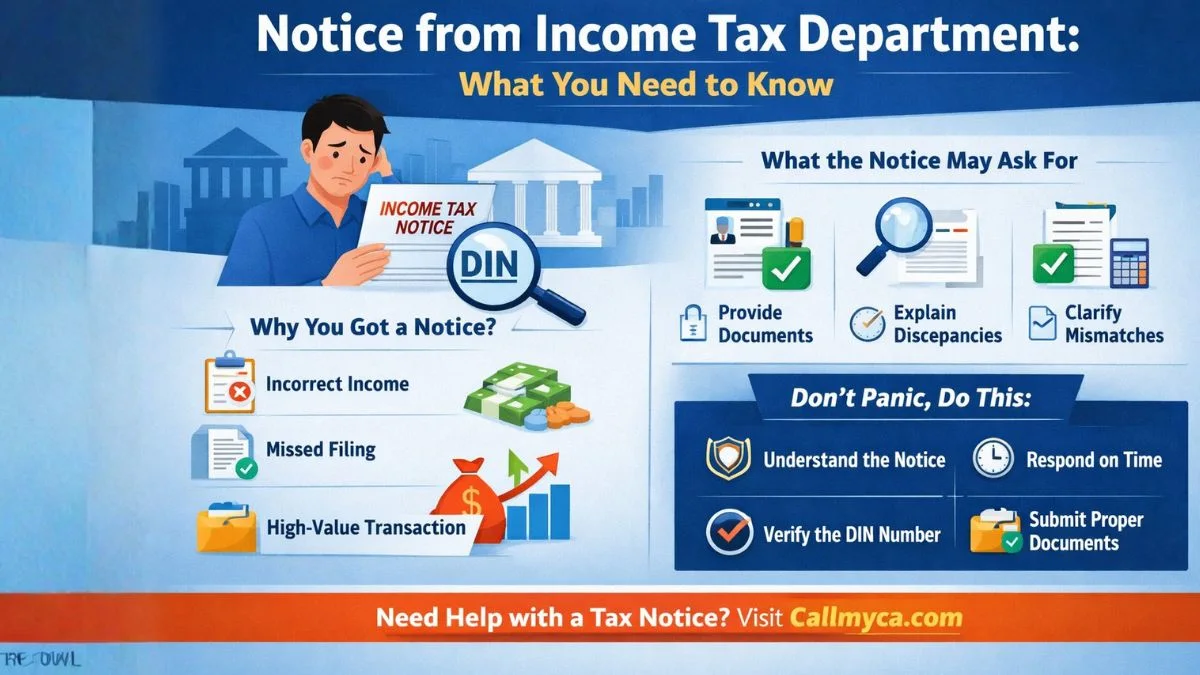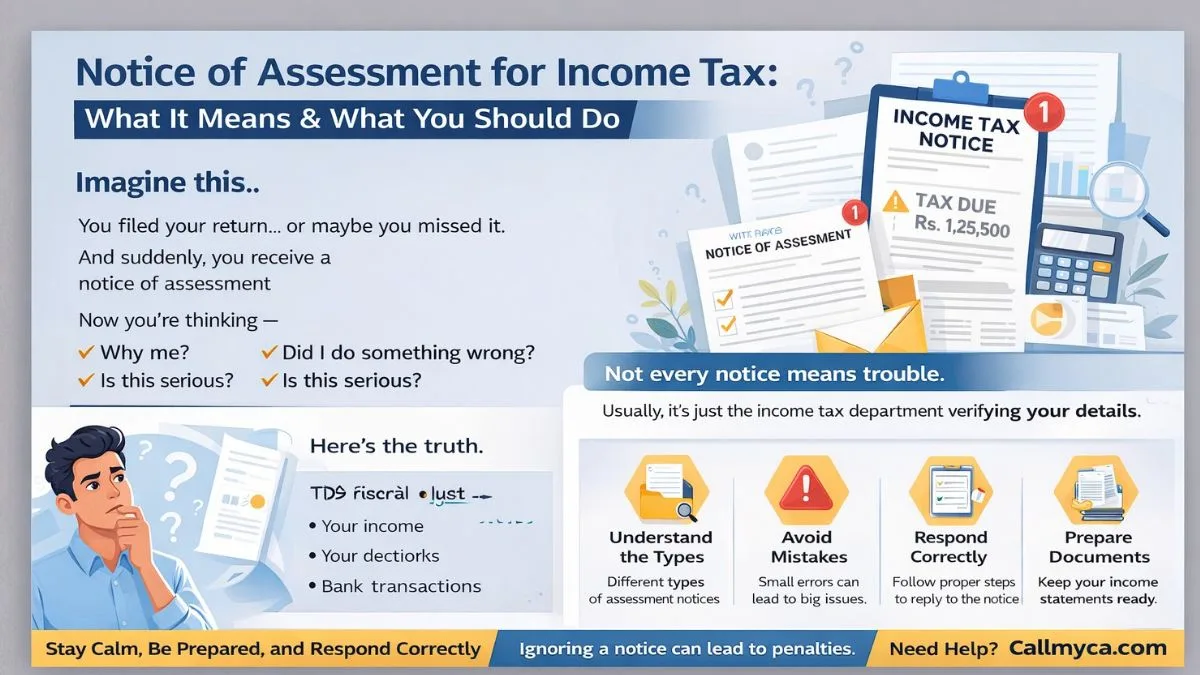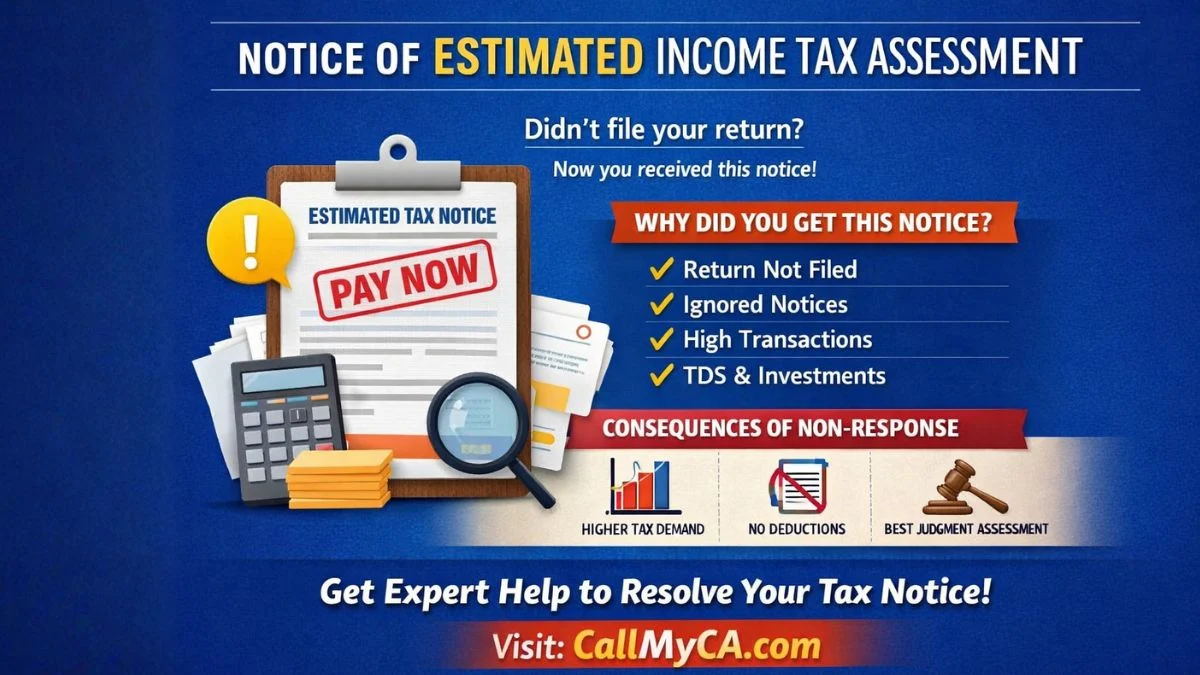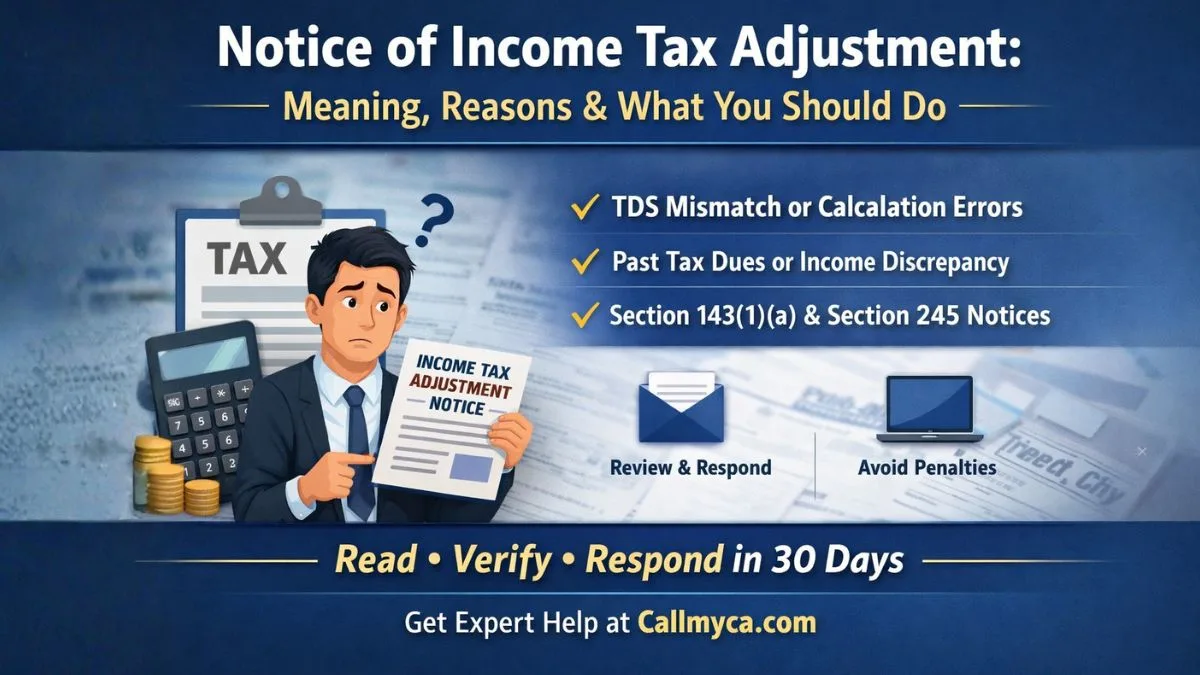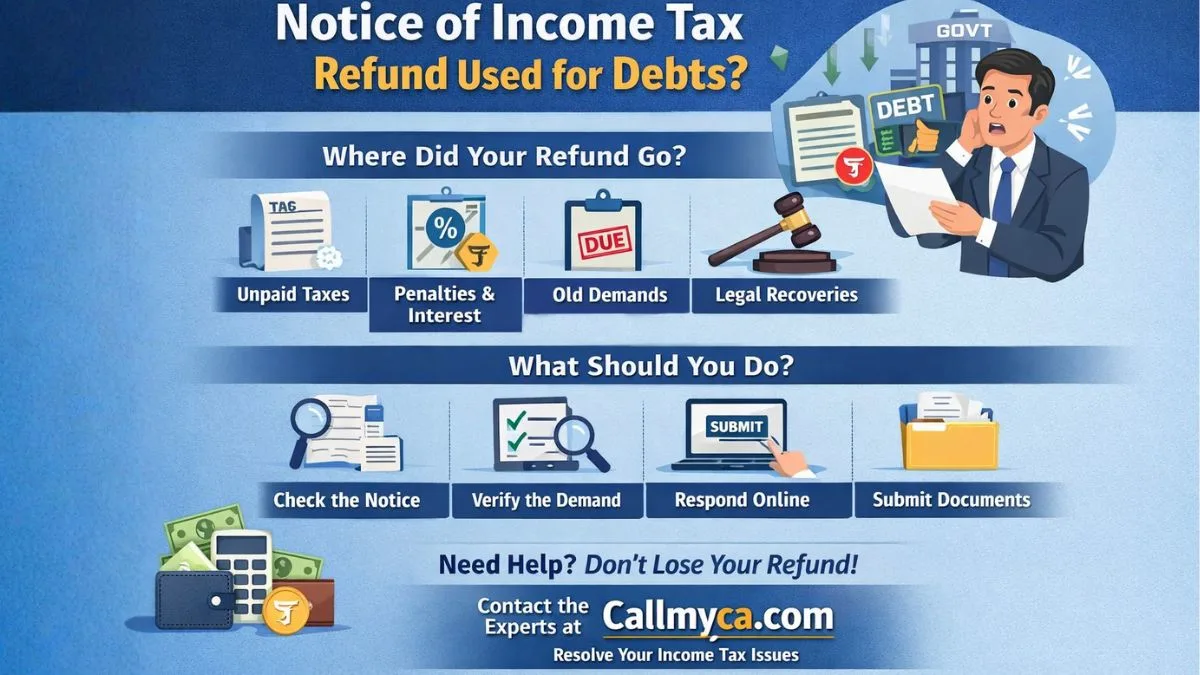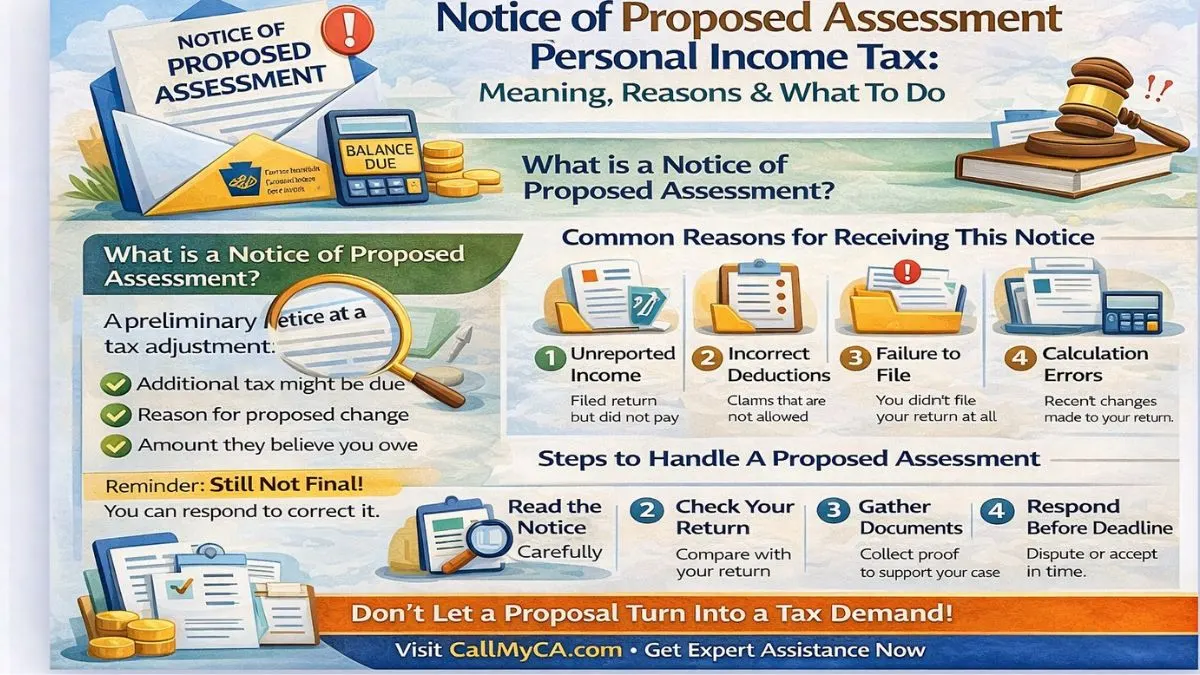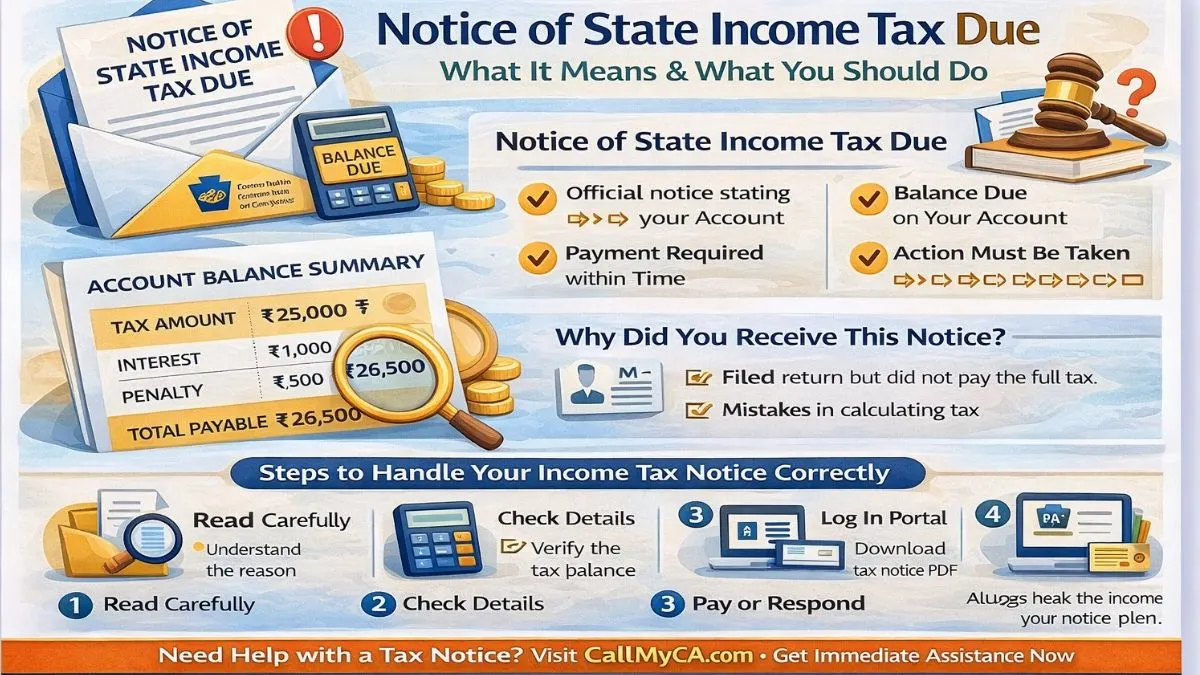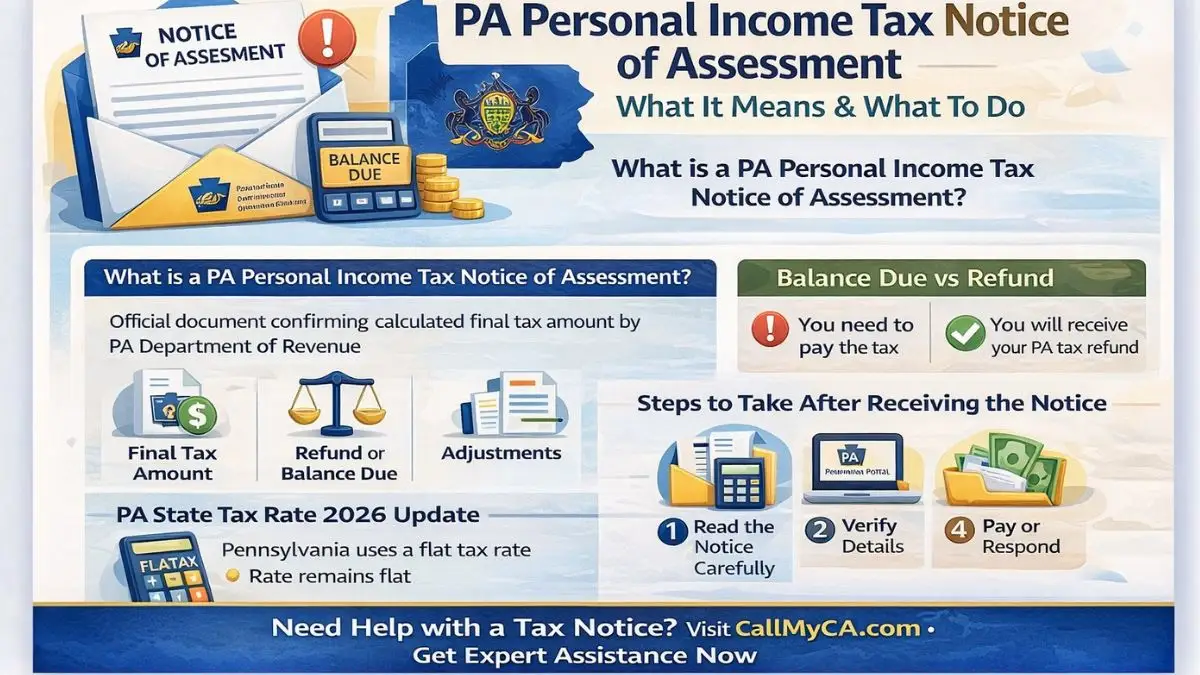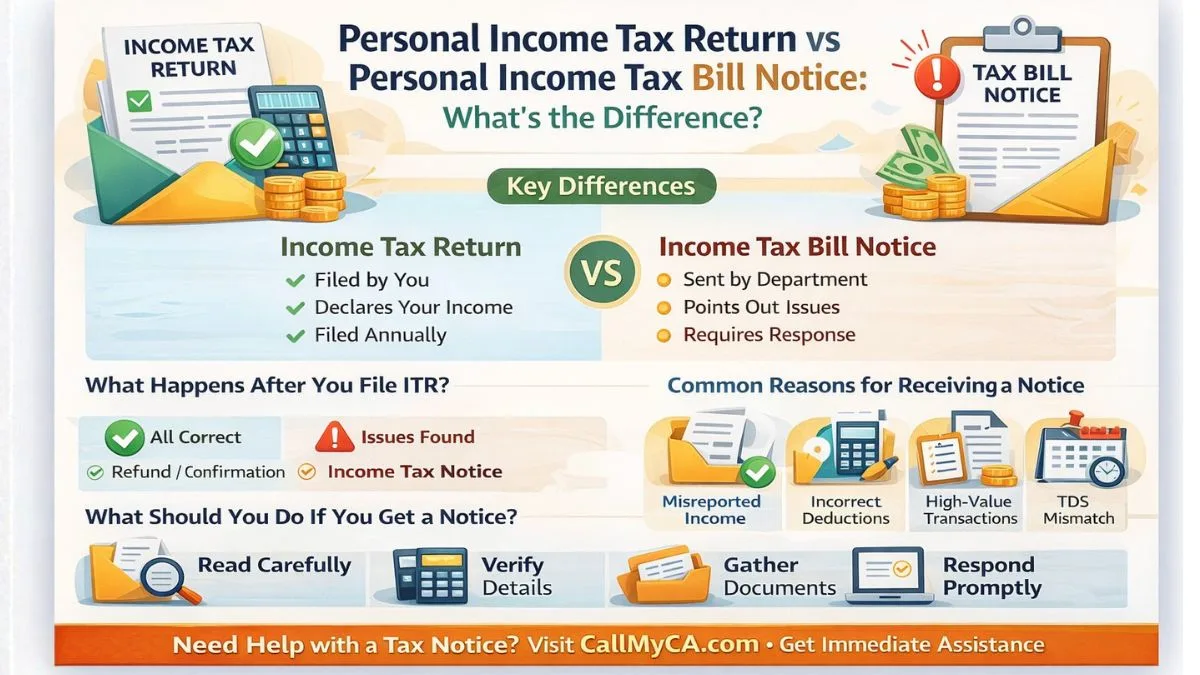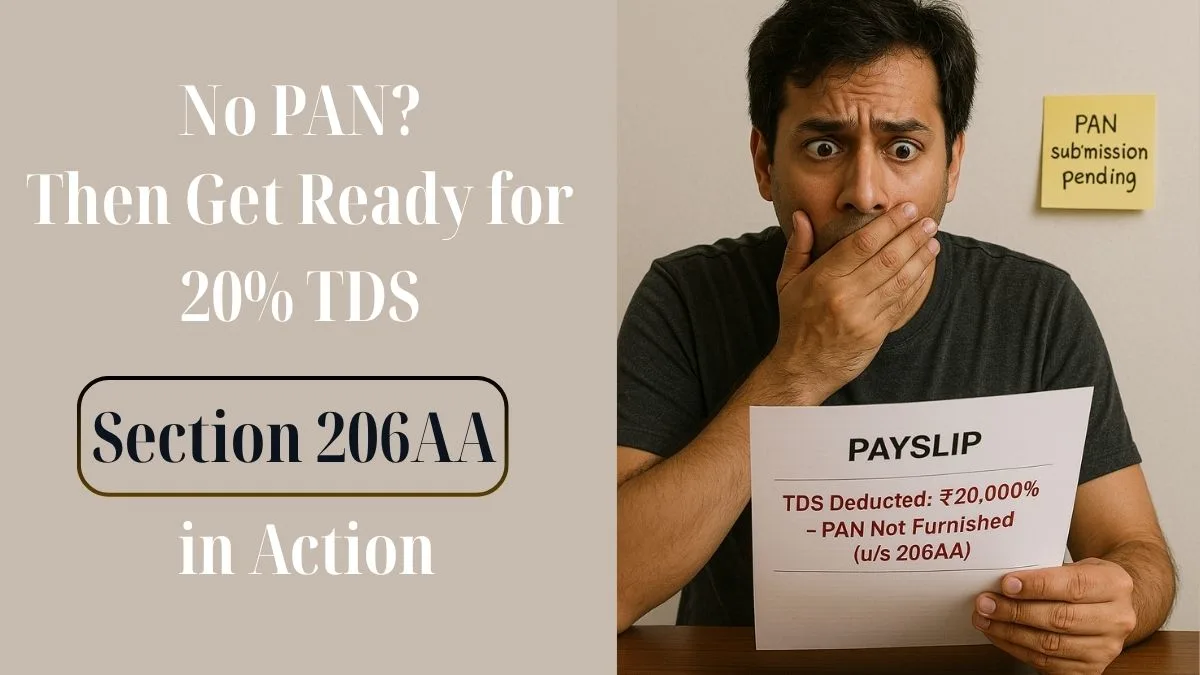
Understanding tax laws can often feel overwhelming, but Section 206AA of the Income Tax Act 1961 makes one thing crystal clear: PAN (Permanent Account Number) is mandatory for smooth tax compliance in India. This section acts as a powerful deterrent for taxpayers who either neglect or fail to provide their PAN. Let’s break it down into simple, digestible points.
What is Section 206AA?
Introduced to strengthen tax compliance, Section 206AA of the Income-tax Act, 1961 mandates that every person who receives payments where TDS (Tax Deducted at Source) is applicable must provide their Permanent Account Number to the payer. If the PAN is not furnished, a higher rate of TDS will be deducted.
This section applies to both individuals & companies, including non-residents, & was primarily brought in to curb tax evasion & bring transparency in transactions.
Why is PAN Important Under Section 206AA?
Under this section, the taxpayer is required to provide their PAN to the person making the payment, whether it is a bank, employer, or any other deductor. PAN acts as a link between the transaction & the income tax records of the individual. It ensures that the tax deducted reaches the correct account & prevents duplicate or erroneous entries.
A person responsible for TDS is required to provide their PAN to avoid a higher deduction rate. Not furnishing the PAN means inviting stricter scrutiny by tax authorities & an automatic deduction of TDS at an increased rate."
Higher TDS Rates if PAN is Not Provided
Section 206AA mandates a higher rate of TDS in case PAN is not furnished. Here’s what the section states:
If the PAN is not submitted, TDS will be deducted at the higher of the following three rates:
- The rate prescribed in the Act
- The rate in force
- 20%
This means that even if your applicable TDS rate is 10%, & you fail to provide PAN, the deductor must deduct TDS at 20%, leading to unnecessary tax outflow & hassles in claiming refunds later.
To Whom Does Section 206AA Apply?
This section applies to:
- Resident individuals
- Non-resident individuals (in certain cases)
- Companies
- Partnership firms
- HUFs
- Trusts
- Any other person receiving income subject to TDS
However, there are certain exceptions provided to non-residents under specific Double Taxation Avoidance Agreements (DTAAs) or as per CBDT notifications, which provide some relief."
Key Payments Affected Under Section 206AA
Section 206AA is applicable across a wide range of transactions where TDS is required to be deducted:
- Salary payments
- Interest payments by banks
- Commission or brokerage
- Rent payments
- Contractor payments
- Professional fees
- Payments to non-residents (with certain exceptions)
So, whether you are a salaried person or a freelancer receiving professional fees, if you don’t share your PAN with the payer, expect a higher TDS deduction under this section.
PAN and Foreign Companies: A Special Mention
A common concern is regarding the applicability of Section 206AA to non-residents & foreign companies. The income tax department initially applied the same provisions, but with evolving case laws & CBDT circulars, some relief has been granted.
If a foreign company is covered under DTAA, & the relevant documents such as Tax Residency Certificate (TRC) are provided, Section 206AA may not apply strictly. However, one should always consult a tax expert to confirm the applicability in such cases.
Practical Example:
Let’s say Rohan is a freelance consultant & receives ₹1,00,000 as professional fees. If he submits his PAN, the TDS will be deducted at 10%, i.e., ₹10,000. But if he fails to provide his PAN, under Section 206AA, TDS will be deducted at 20%, i.e., ₹20,000 – double the original amount! That’s a huge difference & affects cash flow instantly.
Best Practices to Avoid Trouble
- Always furnish PAN to the payer of income.
- Double-check that your PAN is correct in Form 16/16A & Form 26AS.
- In case you’re a non-resident, ensure DTAA provisions are properly documented.
- File your returns accurately to claim any excess TDS deducted under Section 206AA.
Conclusion
Section 206AA of the Income Tax Act leaves no room for ambiguity—PAN is mandatory for most income transactions involving TDS. Whether you're a salaried individual, freelancer, or company, staying compliant with this section ensures smoother tax deductions & avoids unnecessary headaches. Don't let your hard-earned money be blocked due to a missing PAN!
Want expert help to stay tax compliant & optimise your filings? Explore hassle-free tax filing & PAN management services on Callmyca.com & let professionals handle your tax worries. Your finances deserve expert care!

